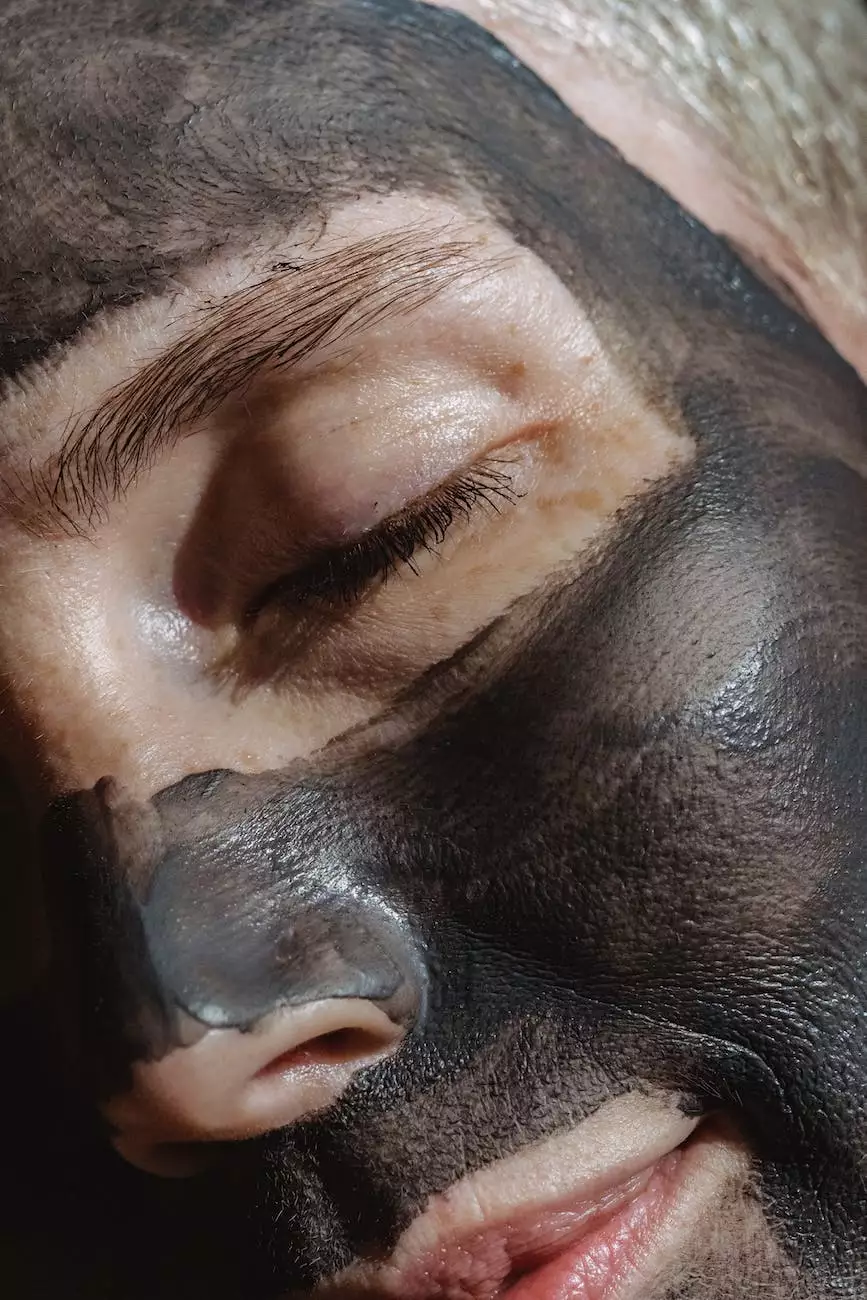January is Glaucoma Awareness Month
Eye Care
Introduction
Welcome to David J Scholten, OD, PC, where we prioritize your eye health. January holds special significance in the field of eye care as it is observed as Glaucoma Awareness Month. This annual campaign aims to raise awareness about glaucoma, a chronic eye disease that can lead to vision loss if left undiagnosed and untreated.
Understanding Glaucoma
Glaucoma is a group of eye conditions characterized by damage to the optic nerve, often resulting from increased pressure within the eye. The optic nerve is responsible for carrying visual information from the eye to the brain, and any damage to it can lead to irreversible vision loss.
Types of Glaucoma
- Primary open-angle glaucoma
- Angle-closure glaucoma
- Normal-tension glaucoma
- Secondary glaucoma
Symptoms and Risk Factors
Glaucoma is often referred to as the "silent thief of sight," as it usually progresses without noticeable symptoms until significant vision loss occurs. However, there are certain risk factors and signs to be aware of:
- Elevated intraocular pressure
- Family history of glaucoma
- Age over 60
- Thin corneas
- Diabetes
- High blood pressure
- Previous eye injuries or surgeries
Importance of Regular Eye Exams
Early detection is vital in managing and preventing vision loss due to glaucoma. Regular comprehensive eye exams, including tests to measure intraocular pressure and evaluate the health of the optic nerve, are crucial in identifying glaucoma in its early stages. At David J Scholten, OD, PC, our experienced team of eye care professionals uses advanced diagnostic techniques to ensure the early detection and timely treatment of glaucoma.
Treatment Options
While there is no cure for glaucoma, various treatment options can effectively manage the condition and slow its progression. The choice of treatment depends on the type and severity of glaucoma. Common approaches include:
- Medication: Eye drops or oral medications to reduce intraocular pressure
- Laser therapy: Using laser technology to improve drainage or reduce fluid production in the eye
- Surgery: Surgical procedures like trabeculectomy or drainage implants to create alternative drainage pathways for eye fluid
Prevention and Coping Strategies
While glaucoma cannot be prevented entirely, there are steps you can take to minimize the risk of developing the condition or mitigate its impact:
- Regular eye exams: Schedule comprehensive eye exams at least once every two years, or as recommended by your eye care professional.
- Maintain a healthy lifestyle: Adopt a nutritious diet, exercise regularly, and avoid smoking to support overall eye health.
- Manage underlying medical conditions: Take measures to control conditions like diabetes and high blood pressure, as they can increase the risk of developing glaucoma.
- Protect your eyes: Wear appropriate eye protection when engaging in activities with potential eye hazards, such as sports and certain occupations.
Conclusion
As January raises awareness about glaucoma, take the opportunity to prioritize your eye health by staying informed, scheduling regular eye exams, and adopting healthy lifestyle habits. At David J Scholten, OD, PC, we are dedicated to providing comprehensive eye care and guiding you towards optimal vision health. Contact us today to schedule an appointment and take charge of your eye health.









